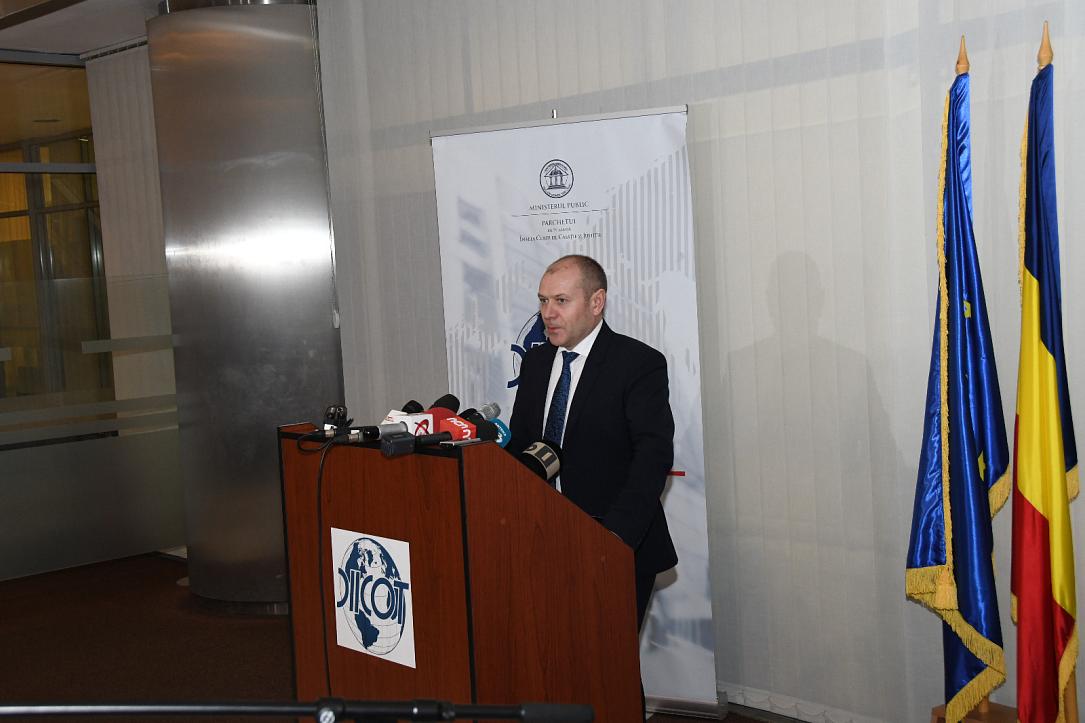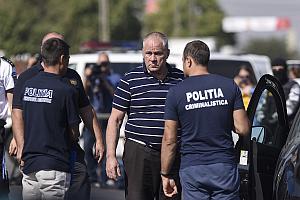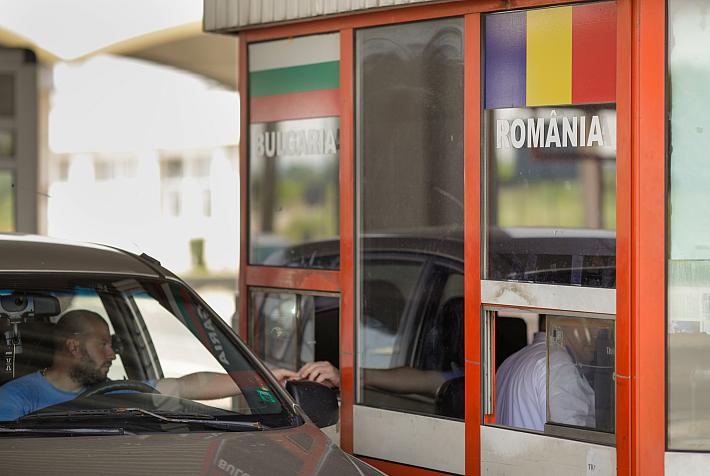Romania’s anti-organized crime head resigns following president’s request

Felix Banila, the chief prosecutor of Romania’s Directorate for Combatting Organized Crime and Terrorism (DIICOT), announced on Wednesday, October 2, that he has decided to resign from this position following president Klaus Iohannis’ public request.
The president asked for the resignation of Banila on September 30, arguing that the DIICOT head has to step down for the way his department has managed the investigation in the Caracal murder case. Iohannis named Banila in this position in 2018, at the justice minister’s proposal.
Felix Banila said in the statement announcing his resignation that he has done his job with professionalism but that the resignation “is absolutely necessary” to give his colleagues “the opportunity to continue their activity in an environment free of pressure."
“As I said before, the activity of DIICOT is not limited to the Caracal case, and if this is the price I have to pay for the activity to continue in good conditions – although I consider it to be an unfair price - I agree to step down from this position,” Banila said in the statement.
“If I remain in office, this could lead to a conflict that, in the medium and long term, could not have positive effects for me or for DIICOT. However, I would like my gesture to remain an isolated one […] and not open the way for arbitrary resignations/dismissals or revocations, with serious and irreversible consequences on the independence of justice in general and of the prosecutors in particular,” he also said.
The Caracal murder case is the most notorious murder case in Romania in recent years. The main suspect in this case, Gheorghe Dinca, who was arrested in late July, confessed to killing two teenage girls – Alexandra Macesanu and Luiza Melencu – and burning their bodies. However, while DNA tests performed on human remains found in a barrel at the suspect’s house in Caracal confirmed the death of Alexandra, things are still not clear in Luiza’s case. Dinca led the investigators to a forest where they found other human remains but tests couldn’t confirm that they belong to Luiza Melencu, as the suspect claimed.
Luiza’s mother, who believes that her daughter is still alive, refused to allow the authorities to take DNA samples from her to check if they matched the DNA of the remains found in the woods. The DIICOT subpoenaed her to get the samples and, as the woman continued to refuse, the prosecutors went with police officers and gendarmes to her house to bring her in for collecting the samples, on Friday, September 27. They talked to the woman for hours trying to convince her to give the DNA samples, but with no result. The woman and her father were taken to the hospital with chest pain. DIICOT chief Felix Banila explained that the team sent after Luiza’s mother tried to reason with her although they could have taken her in by force.
On Monday, September 30, Luiza’s mother accepted to go to the Criminalistics Institute to give the DNA samples, but she then said she changed her mind and accused the police of forcing her, according to Digi24.ro.
However, although the case opened on July 26 after Alexandra Macesanu’s disappearance, it is still not solved and this made some people believe that Dinca was part of a human trafficking network and that the two girls had, in fact, been taken out of the country. Some of those who favored this theory, including Alexandra Macesanu’s uncle Alexandru Cumpanasu, now a presidential candidate, also believe that the local authorities were involved in a cover-up operation.
newsroom@romania-insider.com
(Photo source: Diicot.ro)













